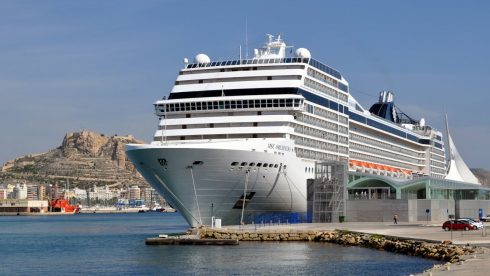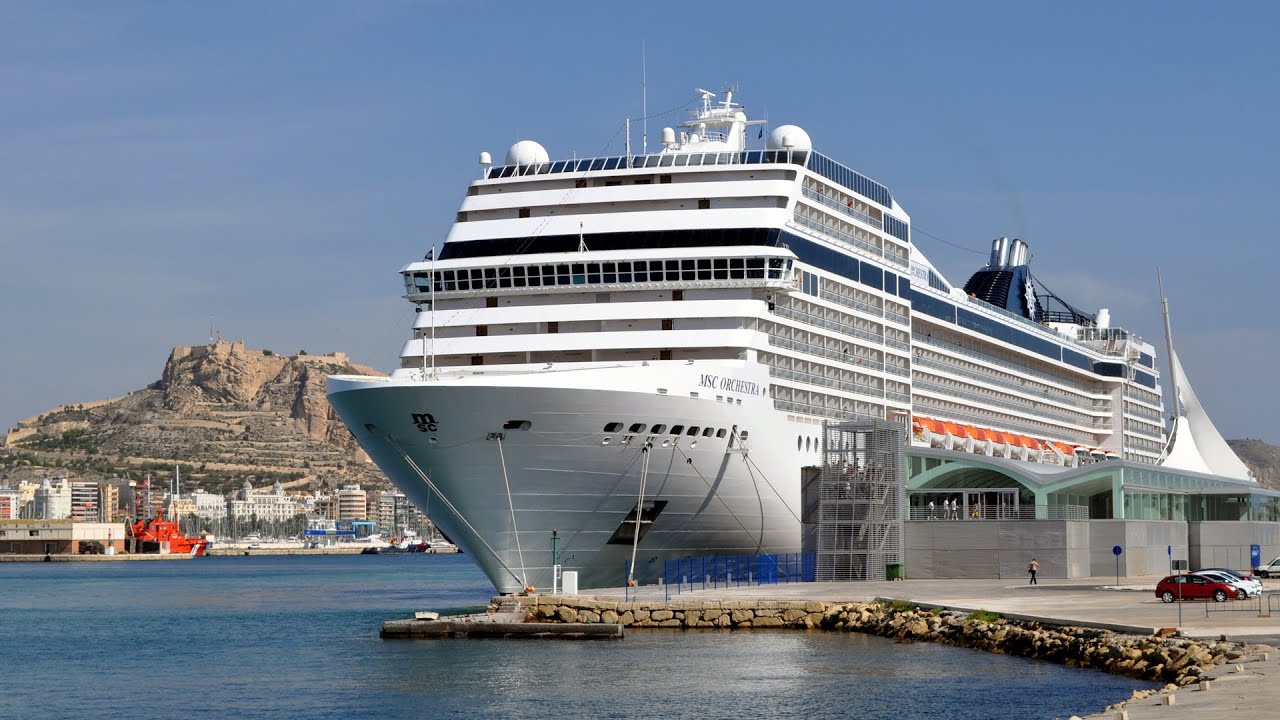EVER since Brexit, UK nationals who make regular visits to European Union countries have had to carefully monitor the number of days they are spending in these nations, so as not to exceed the Schengen 90/180-day rule.
Under these regulations, which apply to all non-European Economic Area citizens, visitors cannot spend more than a total of 90 days in the Schengen area within a total period of 180 days without a visa.
But as hard as it may be to believe, a full four years after Brexit officially happened, there is still confusion about travel and the 90-day rule not just among Brits, but also the authorities themselves: specifically, about cruise holidays.
After becoming aware of a series of queries about how European cruises would affect a British national’s 90-day allowance on social media, The Olive Press went on a mission to find out what the official rules are – and it turned out to be much harder than expected to get answers.

The British authorities could provide no concrete information about how EU cruises count toward the allowance, but of course these rules are the European Union’s rather than coming from the UK.
A spokesperson from the Cruise Lines International Association did provide a statement, however.
“As a general rule, calls in EU ports by cruise ships in the course of a voyage are considered as transit and do not count against the 90 days rule,” a CLIA spokesperson said. “Unless the cruise starts in the UK and ends in the EU, where an entry into Schengen will be registered by the authorities.”
The European Commission, meanwhile, had no official information about cruises and the Schengen rule on its websites. After a week, a European Commission spokesperson was finally able to offer a response to The Olive Press’s inquiries and clear up the confusion once and for all – well, almost.
“There are usually two types of cruises in the Mediterranean, those that only stop in different ports in the Schengen area and those that include stops outside the Schengen area,” the spokesperson explained.
“For the passengers of the cruise ships that only stop in the Schengen area, the whole duration of the cruise counts as one stay in the territory of the Member States and may last up to three months in any six-month period. For the passengers of the cruise ships in the Mediterranean that stop outside the Schengen area, the count of the three months in any six month period will stop once the ship leaves the Schengen area and will resume once it re-enters the Schengen area,” they continued.
Crucially, days at sea also count the same as a day spent in a European port, the spokesperson clarified.
As for passport stamping, the EC spokesperson insisted that all travel documents of UK passengers should be stamped ‘systematically on entry and exit’. This, they added, will continue until the new Entry Exits System (EES) comes into force. This system will be an automated method for registering non-EU travellers, including those from the UK, each time they cross a border in and out of Europe.
Anecdotal evidence, however, suggests that passport stamping is not happening when UK passengers disembark from cruise ships in EU ports, once again posing the question that The Olive Press set out to answer: do cruises really count towards the 90-day Schengen allowance?
Read more:
- Rejected Schengen visa applicants lash out at ‘merciless’ Spain and other countries
- Brits advised to check passport is stamped while travelling in Schengen area
Click here to read more News from The Olive Press.








